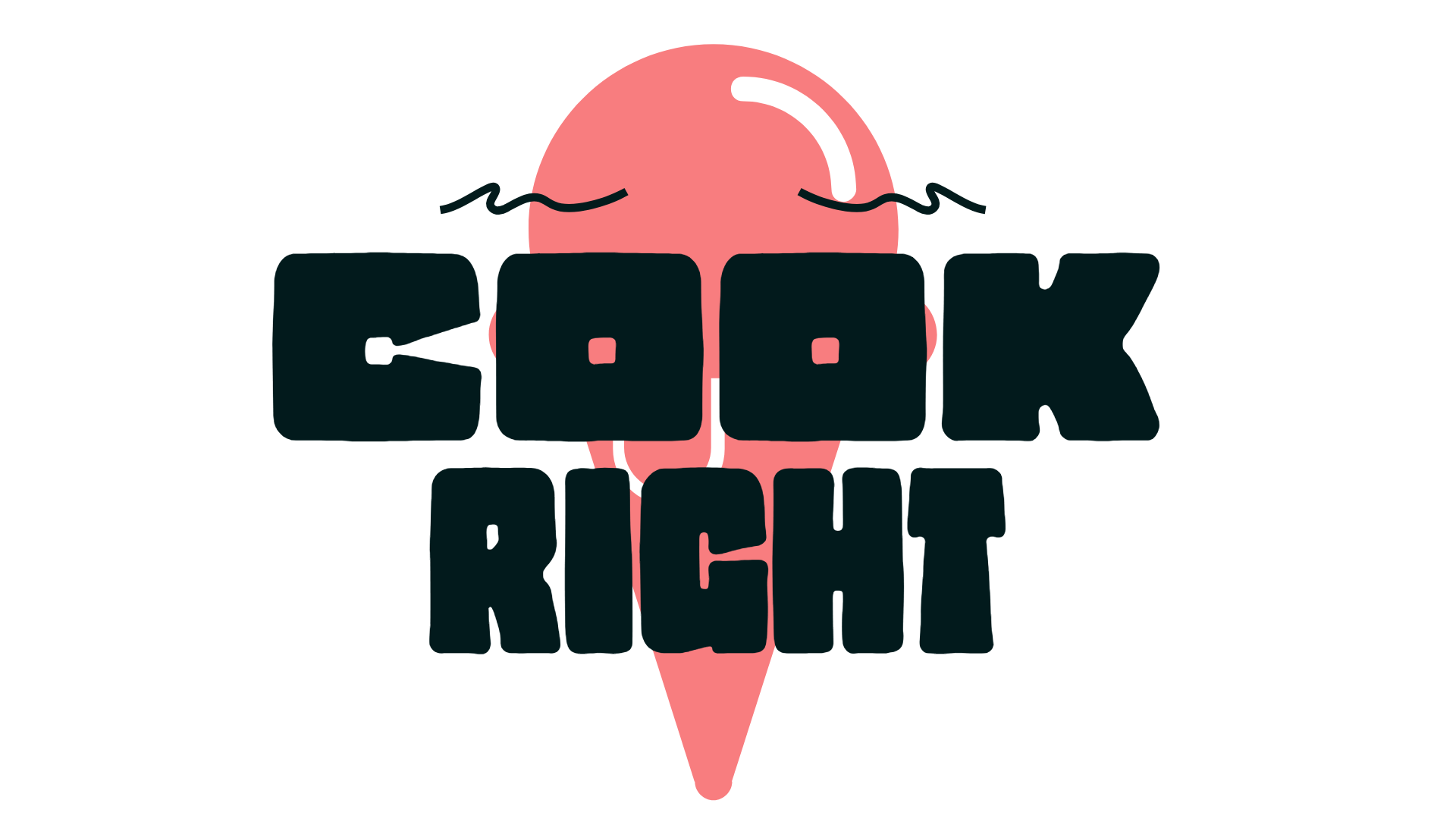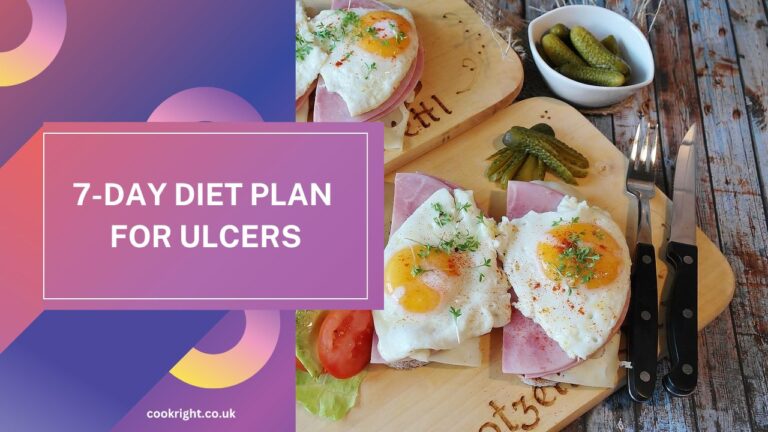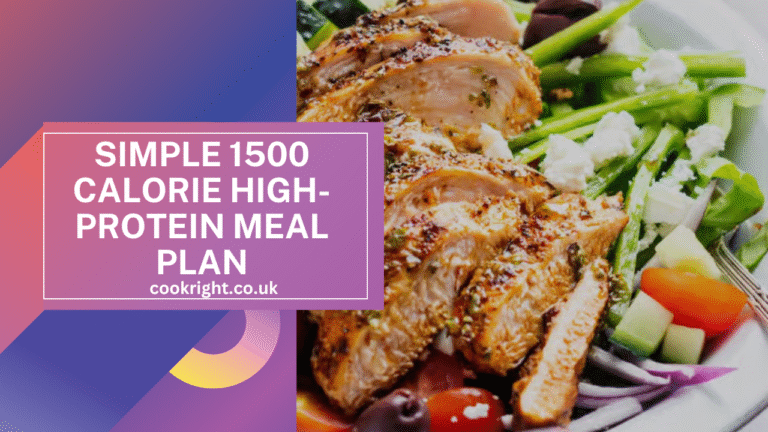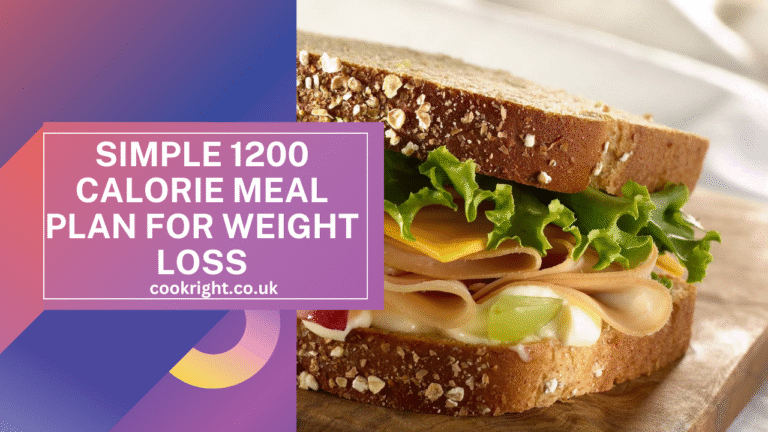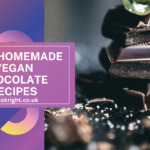Pregnancy is an exciting journey filled with joy, anticipation, and, of course, a focus on healthy eating. If you’re following a vegetarian diet, it’s entirely possible to meet all your nutritional needs to support a healthy pregnancy. With careful planning and a variety of nutrient-rich foods, a vegetarian pregnancy meal plan can provide everything you and your growing baby need.
In this blog post, we’ll guide you through the essentials of a vegetarian pregnancy meal plan, highlighting key nutrients, meal ideas, and tips to ensure you’re getting everything necessary for a healthy pregnancy.
Key Nutrients for a Vegetarian Pregnancy
Before diving into meal plans, it’s important to understand the key nutrients vital for a healthy pregnancy. Here are the essentials:
- Protein: Essential for your baby’s growth, protein needs increase during pregnancy. Great vegetarian sources include beans, lentils, tofu, tempeh, eggs, dairy products, quinoa, and nuts.
- Iron: Vital for the production of hemoglobin, iron supports increased blood volume during pregnancy. Include iron-rich foods like spinach, kale, chickpeas, lentils, fortified cereals, and seeds. Pair these with vitamin C-rich foods (like oranges, strawberries, and bell peppers) to enhance iron absorption.
- Calcium: Important for developing your baby’s bones and teeth. Ensure adequate intake from dairy products, fortified plant milks, leafy greens, almonds, and tofu.
- Vitamin B12: Crucial for nerve function and the production of DNA, B12 is primarily found in animal products. Vegetarians should include fortified foods like plant milks, breakfast cereals, or consider a B12 supplement.
- Folate: Necessary for preventing neural tube defects, folate can be found in dark leafy greens, beans, peas, and fortified foods.
- Omega-3 Fatty Acids: Important for your baby’s brain and eye development, vegetarian sources include flaxseeds, chia seeds, hemp seeds, and walnuts. Consider algae-based supplements for DHA.
- Vitamin D: Supports bone health and immune function. Sun exposure and fortified foods like plant milks, orange juice, or supplements are key sources.
Sample Vegetarian Pregnancy Meal Plan
Here’s a sample meal plan to give you an idea of how to incorporate these nutrients into your daily diet. Feel free to adjust portion sizes and swap ingredients based on your preferences and nutritional needs.
Breakfast
Option 1: Spinach and Feta Omelette with Whole Grain Toast
- 2 eggs (or egg substitute)
- Handful of spinach
- 1 tablespoon feta cheese
- 1 slice of whole grain toast
- Fresh fruit (e.g., berries or an orange)
Nutrient Highlights: Protein, Iron, Folate, Calcium, Vitamin D
Option 2: Greek Yogurt Parfait with Berries and Granola
- 1 cup Greek yogurt
- ½ cup mixed berries
- ¼ cup granola
- 1 tablespoon chia seeds
Nutrient Highlights: Protein, Calcium, Omega-3 Fatty Acids, Fiber
Lunch
Option 1: Lentil and Vegetable Stir-Fry with Quinoa
- 1 cup cooked lentils
- Mixed vegetables (e.g., bell peppers, broccoli, carrots)
- 1 cup cooked quinoa
- Soy sauce or tamari for flavor
Nutrient Highlights: Protein, Iron, Folate, Fiber
Option 2: Chickpea Salad Wrap
- 1 cup chickpeas
- Diced cucumber, tomatoes, and bell peppers
- 1 tablespoon tahini or hummus
- Whole grain wrap
- Side salad with leafy greens
Nutrient Highlights: Protein, Iron, Fiber, Folate
Snack
Option 1: Apple Slices with Almond Butter
- 1 apple
- 2 tablespoons almond butter
Nutrient Highlights: Fiber, Healthy Fats, Protein
Option 2: Smoothie with Spinach, Banana, and Fortified Plant Milk
- 1 cup fortified almond or soy milk
- Handful of spinach
- 1 banana
- 1 tablespoon ground flaxseeds
Nutrient Highlights: Calcium, Vitamin D, Omega-3, Folate
Dinner
Option 1: Tofu and Vegetable Curry with Brown Rice
- 1 cup tofu
- Mixed vegetables (e.g., zucchini, sweet potato, green beans)
- 1 cup brown rice
- Coconut milk and curry paste
Nutrient Highlights: Protein, Iron, Folate, Fiber
Option 2: Stuffed Bell Peppers with Quinoa and Black Beans
- 2 bell peppers
- 1 cup cooked quinoa
- 1 cup black beans
- Diced tomatoes, corn, and spices
Nutrient Highlights: Protein, Iron, Fiber, Folate
Dessert or Evening Snack
Option 1: Dark Chocolate and Nut Mix
- A small handful of dark chocolate pieces and mixed nuts
Option 2: Warm Milk with Turmeric and Honey
- 1 cup fortified plant milk
- 1 teaspoon turmeric
- Honey to taste
Tips for a Balanced Vegetarian Pregnancy Diet
- Plan Your Meals: To ensure you’re meeting your nutritional needs, plan meals ahead and include a variety of foods from all food groups.
- Focus on Whole Foods: Prioritize whole grains, fresh fruits and vegetables, legumes, nuts, and seeds.
- Stay Hydrated: Drink plenty of water throughout the day to support increased blood volume and prevent dehydration.
- Consider Supplements: Prenatal vitamins are essential, and additional supplements for iron, vitamin B12, and DHA might be necessary based on your dietary intake.
- Listen to Your Body: Your appetite and energy levels may vary. Eat when you’re hungry and rest when needed.
- Consult a Dietitian: If you’re unsure about your dietary intake, consulting a dietitian who specializes in vegetarian diets can provide personalized guidance.
Final Thoughts
A vegetarian diet can provide all the nutrients needed for a healthy pregnancy when well planned. By incorporating a variety of nutrient-dense foods and paying attention to key nutrients, you can ensure that both you and your baby are well-nourished throughout this special journey.
Remember, every pregnancy is unique, so tailor your diet to your personal needs and preferences, and always consult with your healthcare provider about your dietary choices.
